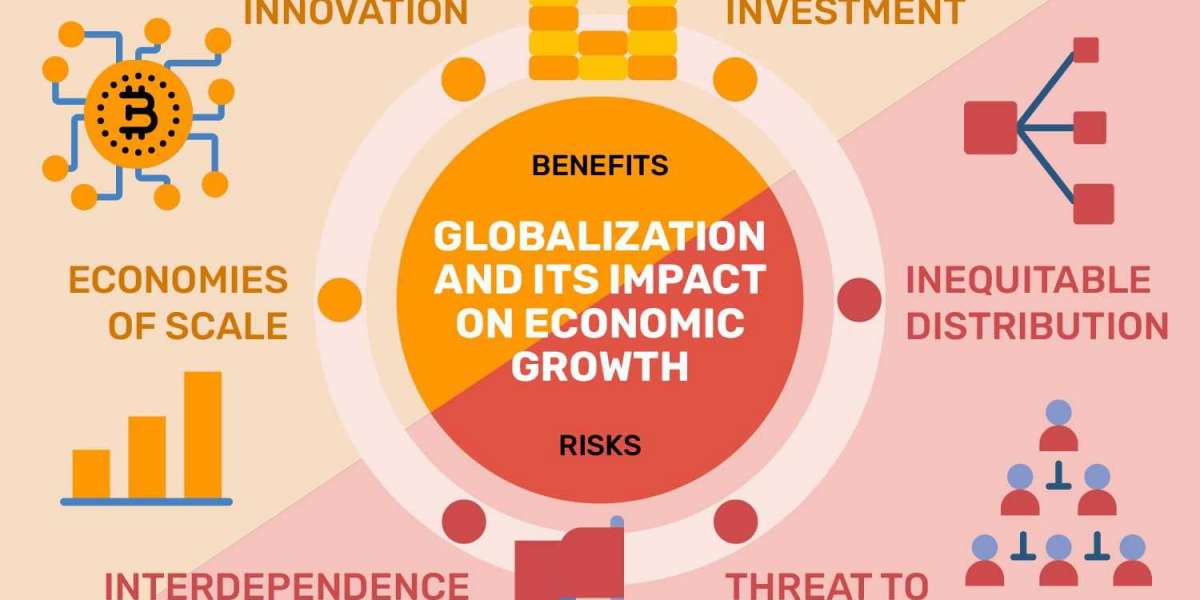Globalization is the process of increasing interconnectedness and interdependence among countries around the world. This phenomenon has had a profound impact on the world economy, transforming the way businesses operate, goods and services are traded, and people live and work. In this blog, we will explore the impact of globalization on the world economy.
Increased Trade and Investment
One of the most significant impacts of globalization on the world economy has been the increase in international trade and investment. Globalization has led to the growth of multinational corporations and the expansion of supply chains across the globe. This has created new opportunities for businesses to reach new markets and tap into new sources of labor and resources. However, it has also led to concerns about the exploitation of workers and the environment, and the loss of jobs in developed countries.
Economic Growth and Development
Globalization has also contributed to economic growth and development around the world. As countries have opened up to trade and investment, they have been able to tap into new sources of technology, capital, and expertise. This has allowed many countries to increase their productivity and competitiveness, and has led to the growth of industries and the creation of new jobs. However, it has also led to widening income inequality within and between countries, as some people and regions have benefited more from globalization than others.
Cultural Exchange
Another impact of globalization on the world economy has been the exchange of ideas and cultures between countries. As people have migrated and traveled around the world, they have brought with them their customs, beliefs, and practices. This has led to the growth of new industries, such as tourism and hospitality, and has also created new opportunities for businesses to market their products and services to a global audience. However, it has also led to concerns about the erosion of local cultures and the homogenization of global culture.
Challenges and Controversies
While globalization has brought many benefits to the world economy, it has also created a number of challenges and controversies. One of the most significant challenges has been the impact on workers and the environment. As companies have moved their operations to countries with lower labor and environmental standards, they have been accused of exploiting workers and contributing to environmental degradation. This has led to calls for greater regulation and oversight of multinational corporations.
Globalization has also been criticized for contributing to the concentration of wealth and power in the hands of a small number of people and companies. This has led to concerns about the erosion of democracy and the rise of economic inequality. Some have argued that globalization has created winners and losers, and that the benefits have not been shared equitably across society.
Conclusion
In conclusion, globalization has had a profound impact on the world economy. It has led to increased trade and investment, economic growth and development, and cultural exchange. However, it has also created challenges and controversies, including concerns about exploitation, inequality, and the erosion of local cultures. As the world becomes more interconnected, it is important to continue to address these issues and work towards a more sustainable and equitable global economy.







